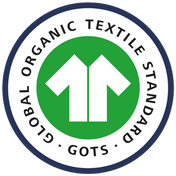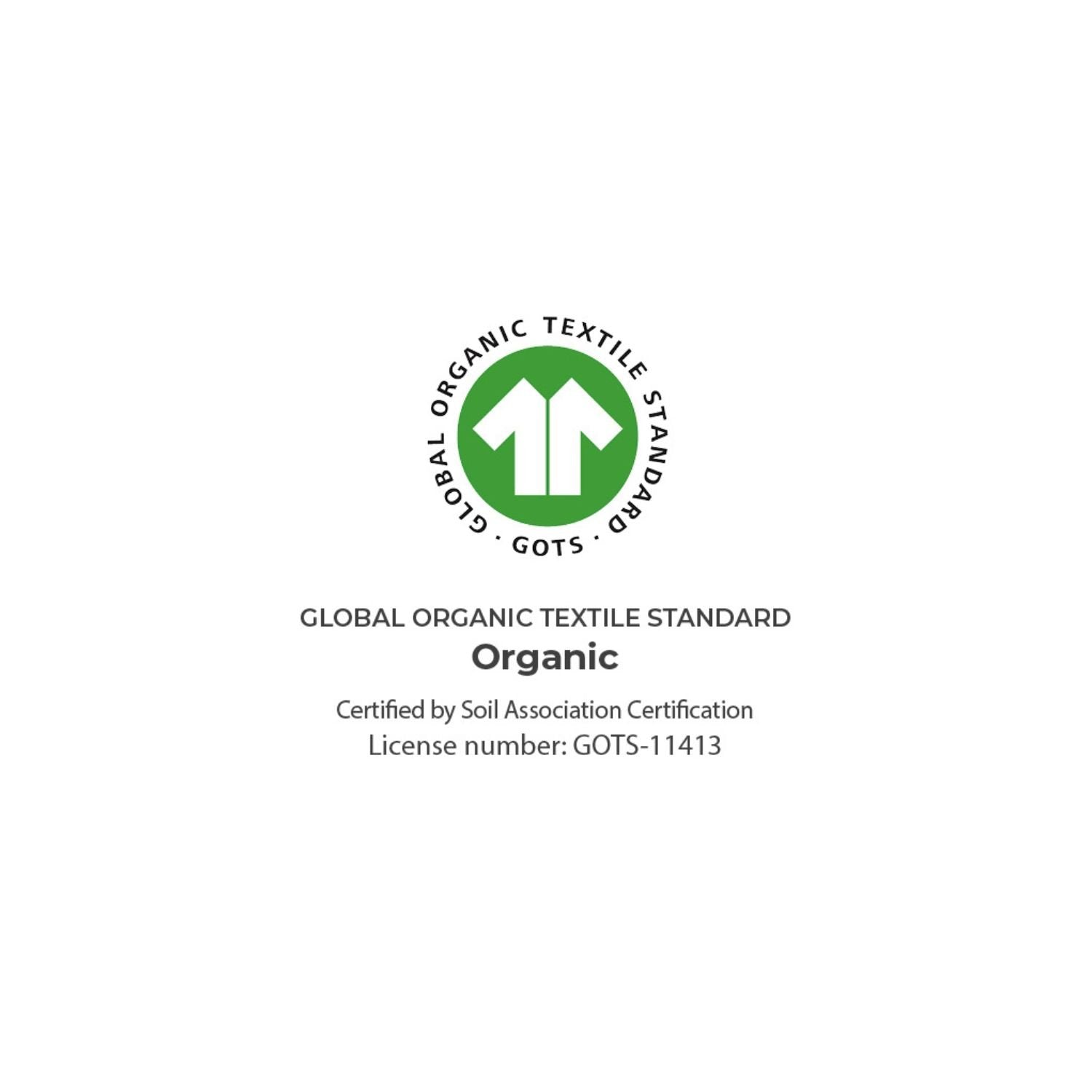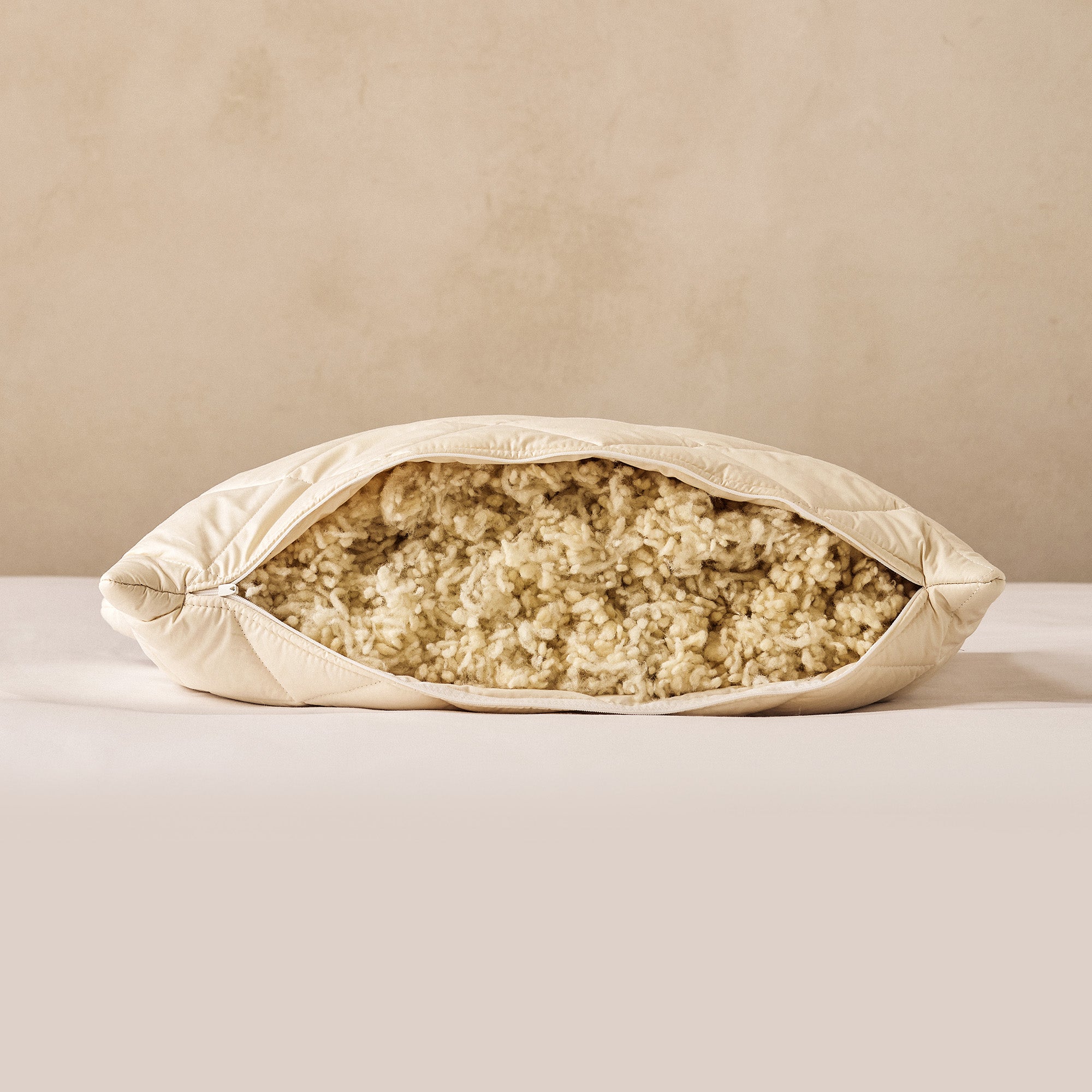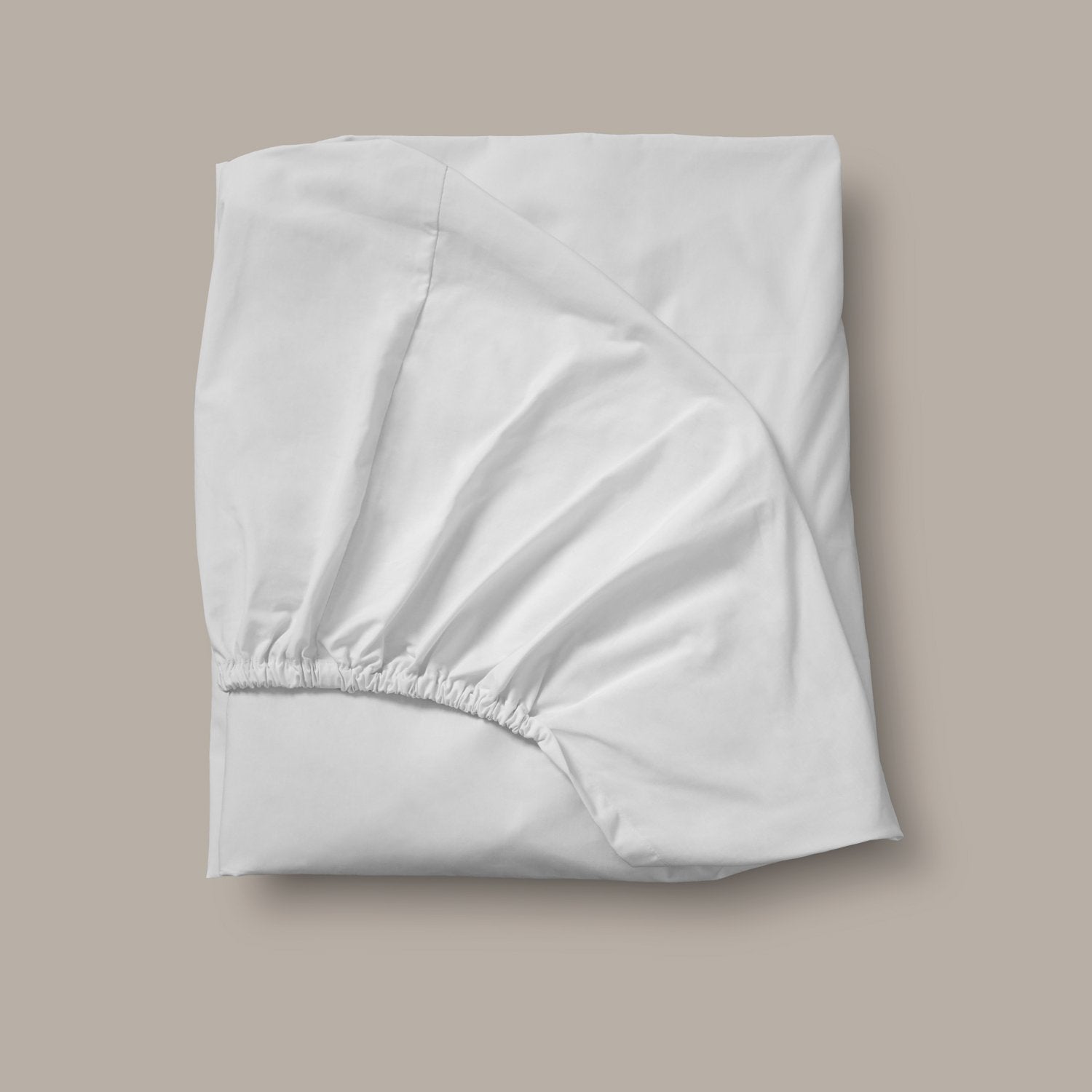Robert Hyde
Farmer No: 2095863
Farm: Manor Farm
Location: Dorset
Breed: Dorset Down
Flock Size: 1,047
The Legacy of Wool: A Farmer’s Story of Tradition and Sustainability
Nestled in the rolling countryside lies an 800-acre farm, home to both a thriving flock of sheep and flourishing arable crops. It’s a place steeped in history, family, and a profound connection to the land. For over 20 years now, this farm has operated entirely organically—a decision that feels as much about preserving the past as it is about ensuring the future.
“I’m a fifth-generation farmer,” Mr Hyde explains. “This is a family farm, and our flock of Dorset Down sheep has been here since 1846. In fact, it’s probably the oldest Dorset Down flock in existence—and certainly the largest purebred flock around.”
He shares the story with a warmth that underscores the deep roots of this place, where he and his partner live and work alongside one other dedicated farmhand. Together, they care for the sheep, grow oats and barley, and manage a finely tuned ecosystem that has taken decades to perfect.

The Switch to Organic
It was in 1999 that the farm made the leap to organic certification, though, as the farmer explains, it felt more like a natural progression than a seismic shift. “I was almost there already,” he explains, “I just needed the paperwork!”
“It’s so good. Everything we do now is integrated—each part of the system feeds into the other. For example, we grow red clover, which does double duty: it feeds the sheep, and because it’s nitrogen-fixing, it enriches the soil for the next cereal crop. The sheep, in turn, eat the surplus grains, and their droppings naturally enrich the land. It’s all connected.”
This holistic approach extends even to the flock itself. The farm has maintained a “closed flock” for over a century—meaning that every sheep is born and bred right here. “We haven’t bought a female in at least 120 years,” he notes, “and no outside rams for 30 years.” By carefully managing breeding, the flock remains self-sustaining and resilient, avoiding many of the challenges that come with outside introductions.
A Village Called Wool and a Family Named Lamb
The farm’s idyllic setting in the village of Wool feels like fate. “The name is actually a corruption of the word ‘Well,’ meaning spring, because of the natural springs in the area,” he explains. “But it’s still a great talking point!” And as if that wasn’t serendipitous enough, he shares another detail: “One of my ancestors was called Lamb. So, it’s almost meant to be that I work with sheep, couldn’t do anything else really could I?”

What Sets Organic Sheep Farming Apart
When asked about the differences between organic and non-organic farming, his answer is as thoughtful as it is passionate. “How long have you got?! The basic answer is farming without the use of chemicals. We don’t use pesticides or artificial fertilisers on crops or animals” he says. But the truth behind the difference goes deeper. “With the sheep, we try to look very long term all the time to keep the health of the animal to such a point where it can look after itself. So building up their immune systems and keeping them in good health means they can do what they want to do naturally. Rather than creating intensive situations. We believe in slowing everything down in order for them to grow, react and survive”.
The same philosophy applies to the land. By growing nutrient-rich plants like red clover, the soil is naturally enriched with nitrogen, improving the soil structure without the need for artificial fertilizers. This creates a self-replenishing cycle that benefits the crops, the sheep, and the earth itself. “The sheep droppings play their part,” he says, explaining that the droppings themselves are indeed also organic. “They break down the soil increasing the natural balance and health”.
Sheep, Wool, and a Legacy of Excellence
The sheep on the Hyde farm are Dorset Down—they’re a living testament to generations of careful stewardship. “The breed was established in the 1820s, not far from here, some chap crossed a South Down with a local ewe. It’s a fine wool breed, and my father and grandfather always selected for the finer-wool sheep in our flock, apart from being more weather proof, but there is also a connection between that sheep that have fine wool and sheep that are happier and healthier.”
That attention to detail hasn’t gone unnoticed. The farm has been recognized for the quality of its wool, being a finalist for Wool Producer of the Decade in 2000 and Wool Producer of the Year in 1995.
The length of the fibre is critical, as is its springiness for these awards. It is also for these reasons that Dorset Down wool is perfect for bedding. The bounce and resilience of the fibre is ideal for wrapping around you in duvets, pillows and mattresses toppers.

The Rhythm of Farm Life
A typical day on the farm starts early, with a check on the flock to ensure all is well. “You never know what might have happened overnight,” he says. After breakfast and a few phone calls, the day’s work could involve anything from sorting sheep for shearing or scanning to moving them to fresh pasture.
“We move the sheep every 10 days to keep things healthy,” he explains. “There’s an old saying: ‘No sheep should hear the church bells twice from the same field.’” This practice not only prevents overgrazing but also gives the grass time to recover and helps maintain hygiene.
Seasonal tasks like haymaking, planting, or harvesting grain punctuate the year, with every job subject to the whims of the weather. The weather is the one thing we can’t control on the farm, but it’s fundamental to everything they do. Too little rain in summer means no grass for the sheep, and too much rain in winter turns everything to mud, “we have to work with those natural cycles and that determines what we do each day”.
The Joy of Spring
For all the challenges, there’s a favourite time of year that makes it all worthwhile. “May time is best” he tells. “Winter is behind us, everything’s growing fast, and the days are getting longer. There’s a sense of optimism - you say, ‘this is great and you feel like it’s all going to come right this year.’”
Spring’s longer days allow for more work to get done, which, in turn, fuels a sense of progress and possibility. “we like the spring, the days lengthening and all the natural reasons, which are fundamental to what we do.”
Here, on this charming farm in the village of Wool, every detail - from the sheep grazing in the fields to the red clover enriching the soil - tells a story of organic harmony, sustainability, and dedication. It’s a way of life that’s deeply rooted in tradition but always looking toward the future, ensuring that this farm, and its legacy, will thrive for generations to come.


















1 comment
I recently purchased your organic wool pillow and I’m thrilled with it! Living in Alaska, I was looking for something natural and breathable. I was comfortable the first night I slept on it. Unlike other pillows, my face stayed cool and I had a restful night’s sleep. Thank you!